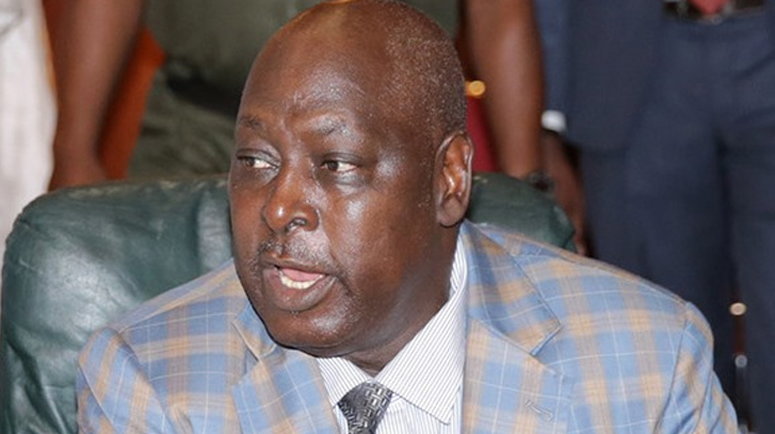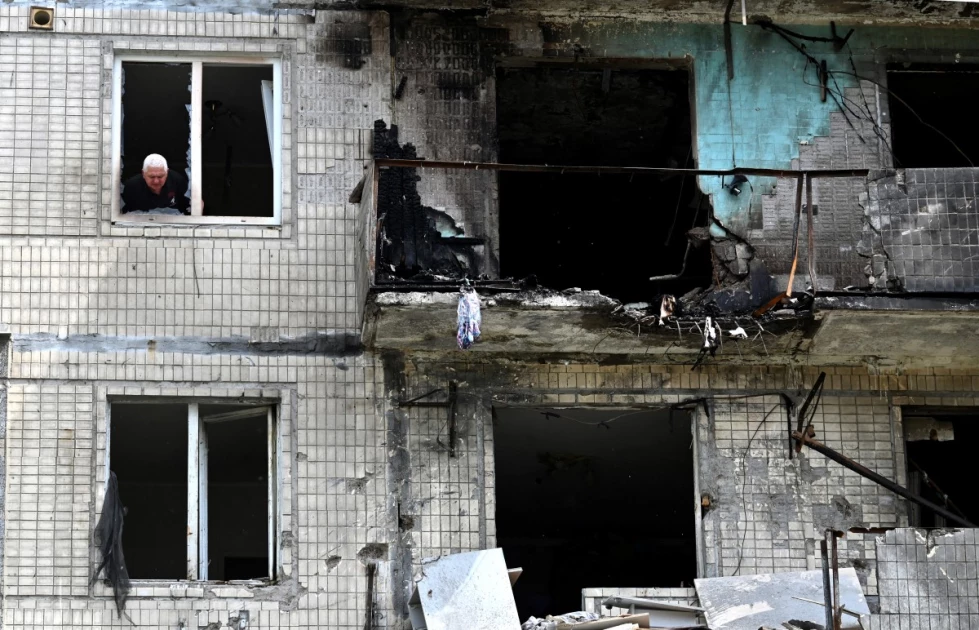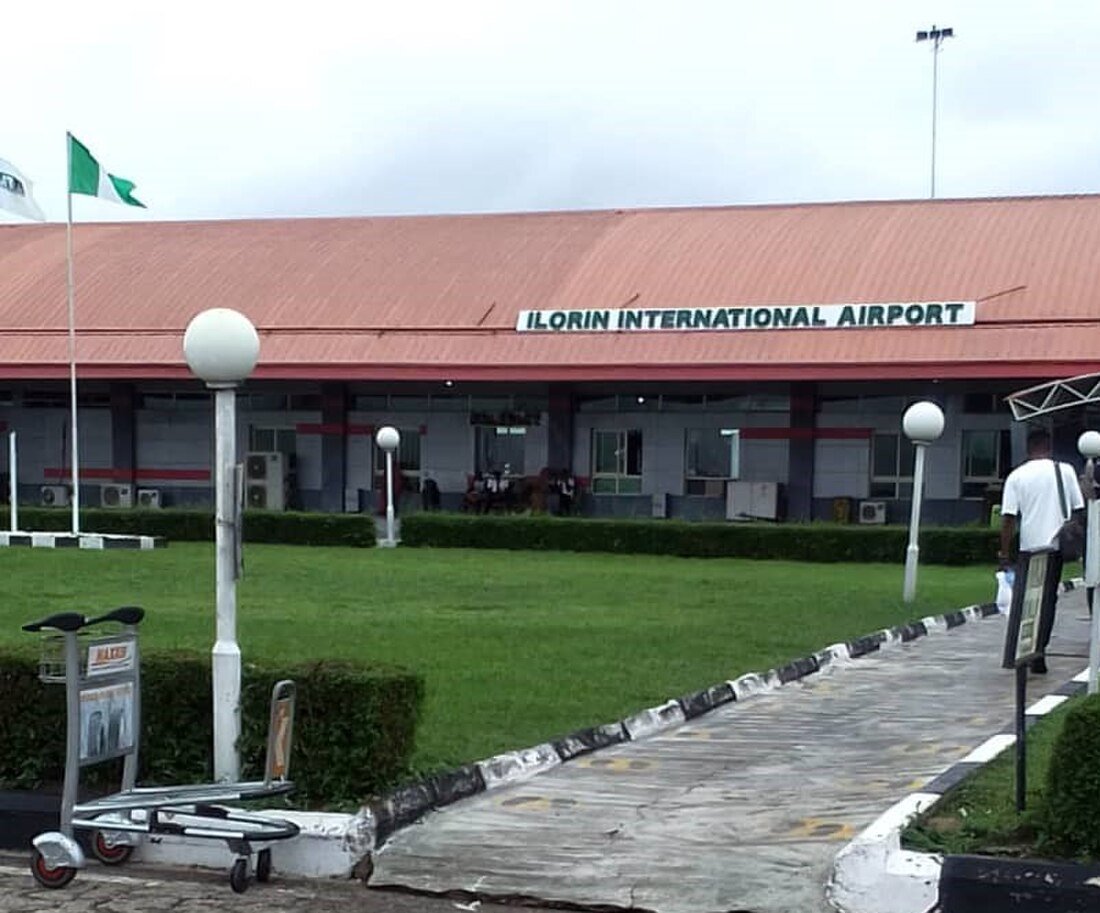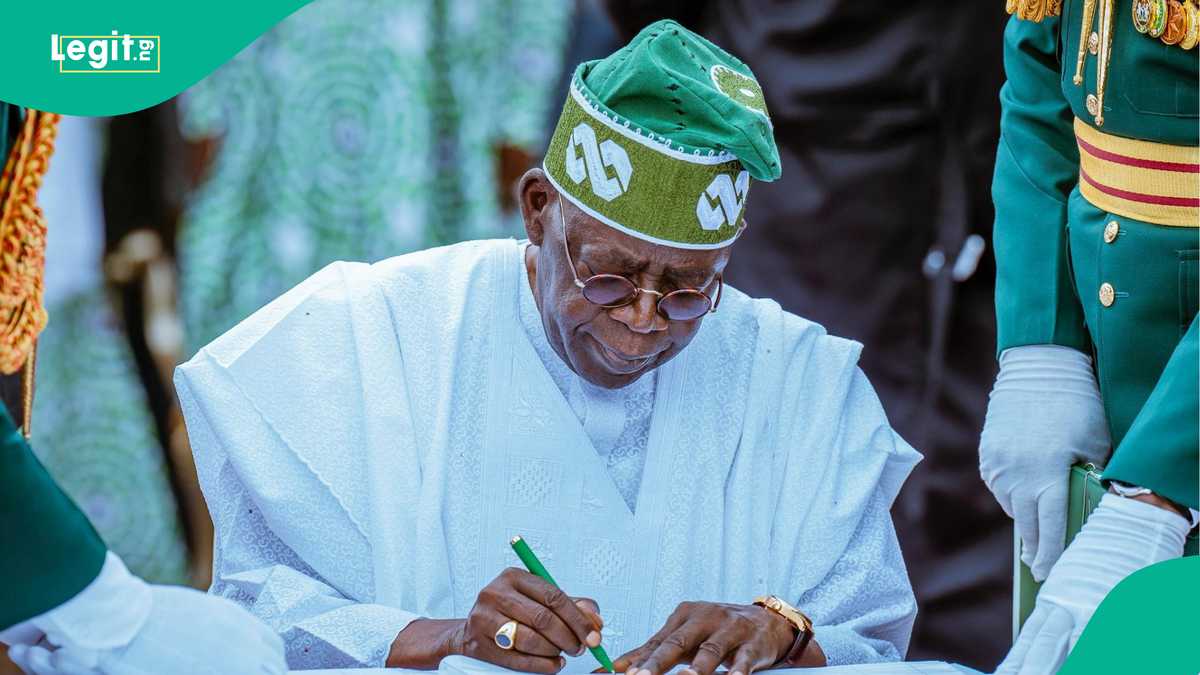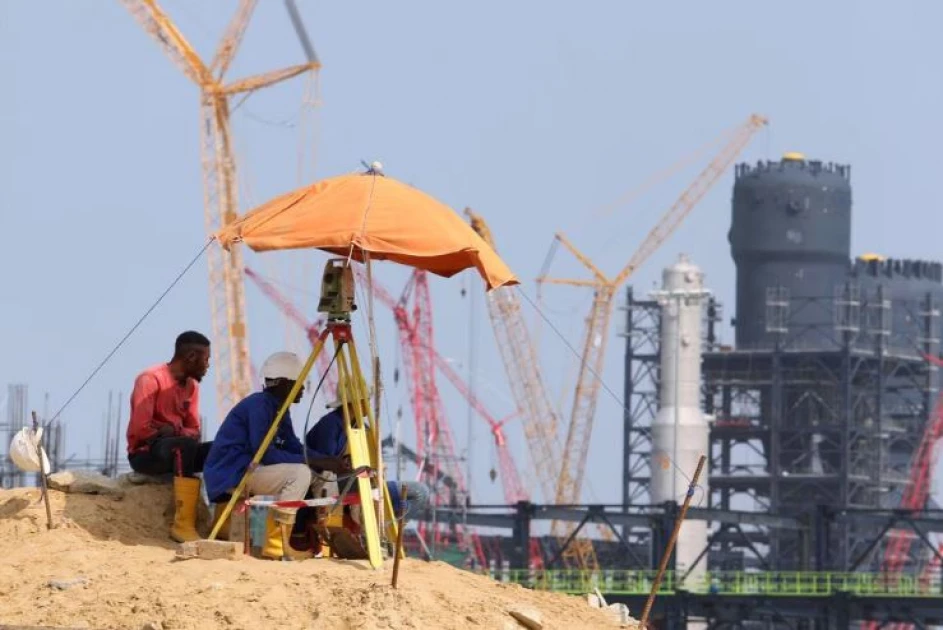I've no regrets supporting Peter Obi in 2023 despite being an APC man - Babachir Lawal
Babachir Lawal, a chieftain of the All Progressives Congress (APC) and former Secretary to the Government of the Federation (SGF) during the Muhammadu Buhari administration, has addressed concerns about the viability of the opposition coalition led by former Vice President and Peoples Democratic Party (PDP) presidential candidate Atiku Abubakar ahead of the 2027 general election.
In a recent interview, Lawal discussed the coalition’s stance on defections to the ruling APC, the coalition’s structure, and its approach to the forthcoming elections. The Adamawa-born politician also affirmed that he holds no regrets regarding his decision to support Peter Obi in the 2023 presidential election, despite his continued membership in the APC.
Responding to widespread scepticism over the coalition’s ability to challenge President Bola Tinubu and the APC, especially given the high number of defections from opposition parties to the ruling party, Lawal noted the complexity of political analysis from outside the inner workings of political groups.
He said, “If you aren’t in a room, you won’t be able to know what is happening in a room. So, from outside, you begin to conjure all manner of ideas… I can tell you that anybody is free to comment. It is a democracy; nobody can ever say you can’t vote out an elected president.”
He emphasised his commitment to the coalition’s success, noting that he has remained engaged for months despite the farming season, stressing, “I would be an idiot if I leave my most important vocation to take coffee and snacks.”
Lawal clarified that the coalition is not built solely around Atiku’s presidential ambitions. He pointed to the presence of other figures with presidential aspirations, including Peter Obi and Rotimi Amaechi, asserting, “I don’t see why Amaechi will waste his time and attend meetings designed to make Atiku a presidential candidate.”
Lawal explained that the coalition’s objective is to build a strong platform for a democratic selection process for candidates. This, according to him, will involve a national convention to choose new, trusted leadership, who will then conduct primaries for executives at the ward, local, and state levels. These executives will subsequently organise congresses when due.
He noted that many members have diverse political ambitions, and the coalition is focused on creating a platform that can accommodate all of them through internal democracy.
On speculation about a deal between Atiku Abubakar and Peter Obi, Lawal dismissed the idea as premature, noting, “How can he make a deal when he isn’t yet the presidential candidate? It is after the convention and somebody wins that the party can sit down and begin to say, Who do we make a vice-president?” He said the coalition will wait until the platform’s convention is held and candidates are selected.
When asked about the involvement of Rabiu Kwankwaso, Lawal said he is not part of the group but is not opposed to it, suggesting Kwankwaso may be observing developments. Lawal also addressed defections to the APC, stating that politicians often move between platforms seeking viable opportunities and that Nigeria will not become a one-party state because “If I contest House of Assembly election in my local government, and I am defeated… I will quickly defect to that party, contest there and take it.”
Regarding reports that the coalition has chosen the African Democratic Congress (ADC) as its platform, Lawal said no final decision has been made. He explained that two technical committees have been reviewing the constitutions, legal issues, and internal crises of several parties to determine which can serve as a stable platform.
“We have narrowed down to a few political parties and we will negotiate,” he said, adding that the coalition seeks a party that will allow it to take leadership and meet Electoral Act requirements for elected representatives.
Lawal explained the coalition’s effective exclusion of the PDP as a platform by highlighting the party’s “intractable management problem,” referring to the unresolved nature of its ongoing reconciliation efforts, including the Saraki committee. He anticipated that the PDP’s continued internal struggles would eventually lead some of its members to join the coalition.
Despite supporting Peter Obi in the last election, Lawal stated he remains an APC member, clarifying his political approach as democratic. He remarked, “Political party isn’t a religion. Even in religion, people proselytise; you change,” stressing their strategy to appeal directly to voters over party affiliations.
Lawal responded to concerns about the coalition’s perceived anti-Southern stance or Northern entitlement by highlighting the severe conditions in the North. He claimed that despite a Southern president, the North is experiencing “decimation” through insurgency, kidnappings, and lack of infrastructure, urging Southern critics to condemn this neglect. He noted that pervasive hunger and fear prevent safe farming.
On the argument that insecurity predates Tinubu, Lawal dismissed it as an excuse. He argued that the president’s duty is to halt such issues, not allow them to continue or worsen, warning, “Before he is ready, we will be dead!” due to the rapidly deteriorating situation.
Lastly, Lawal expressed no regret for supporting Peter Obi in 2023, stating that being part of the current APC government would have made him “the most miserable person on earth” due to widespread economic hardship.
He criticised the 2023 APC ticket for excluding qualified Northern Christians from the vice-presidency, calling it an “insulting” sign of marginalisation and concluding, “The Muslim-Muslim ticket symbolises the marginalisation that we are facing. At that level, I couldn’t accept it.”

